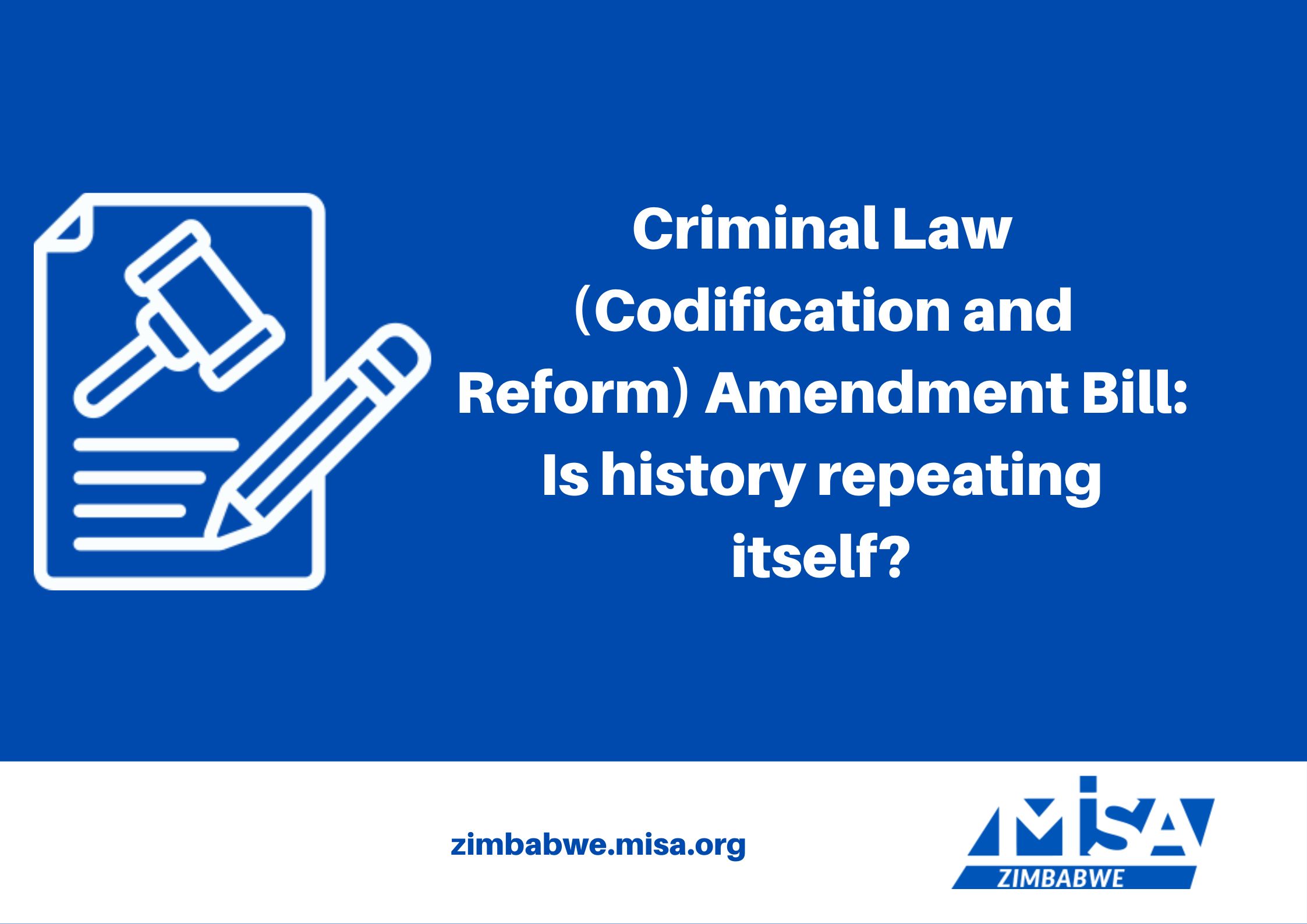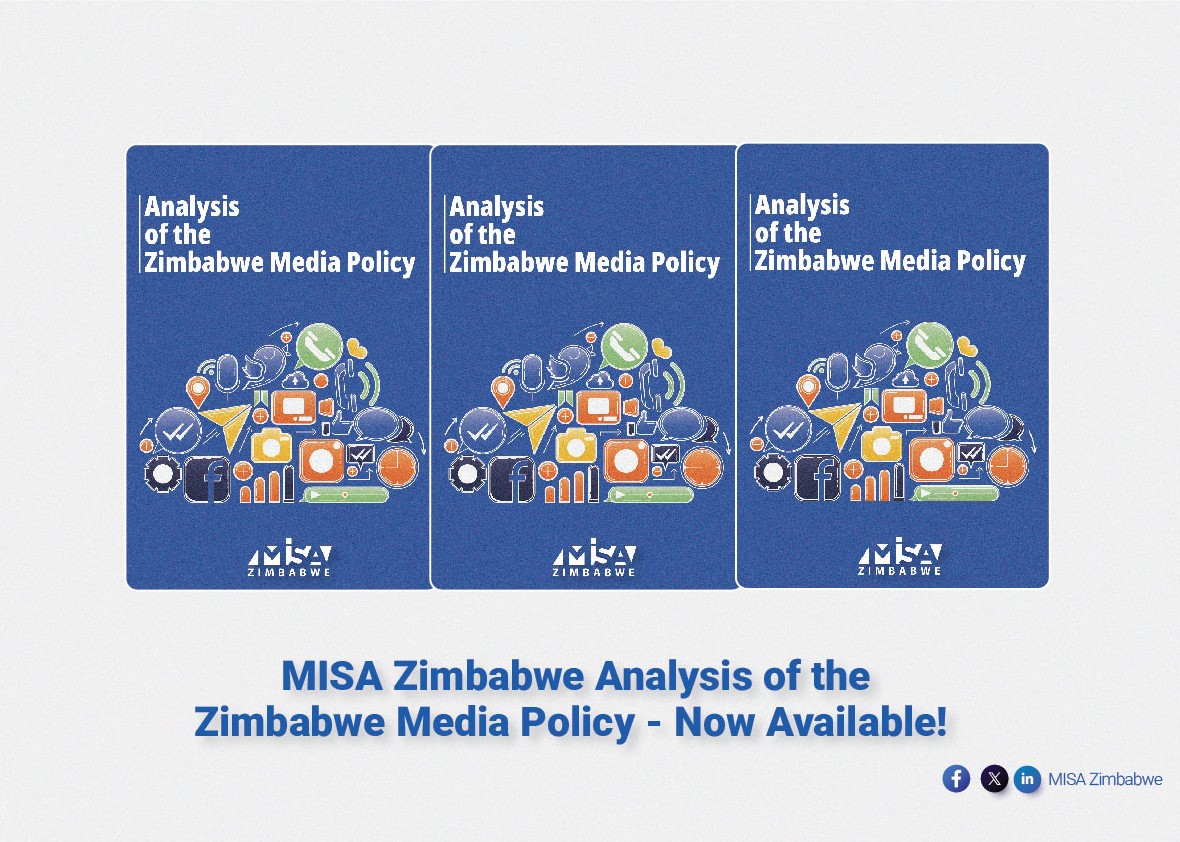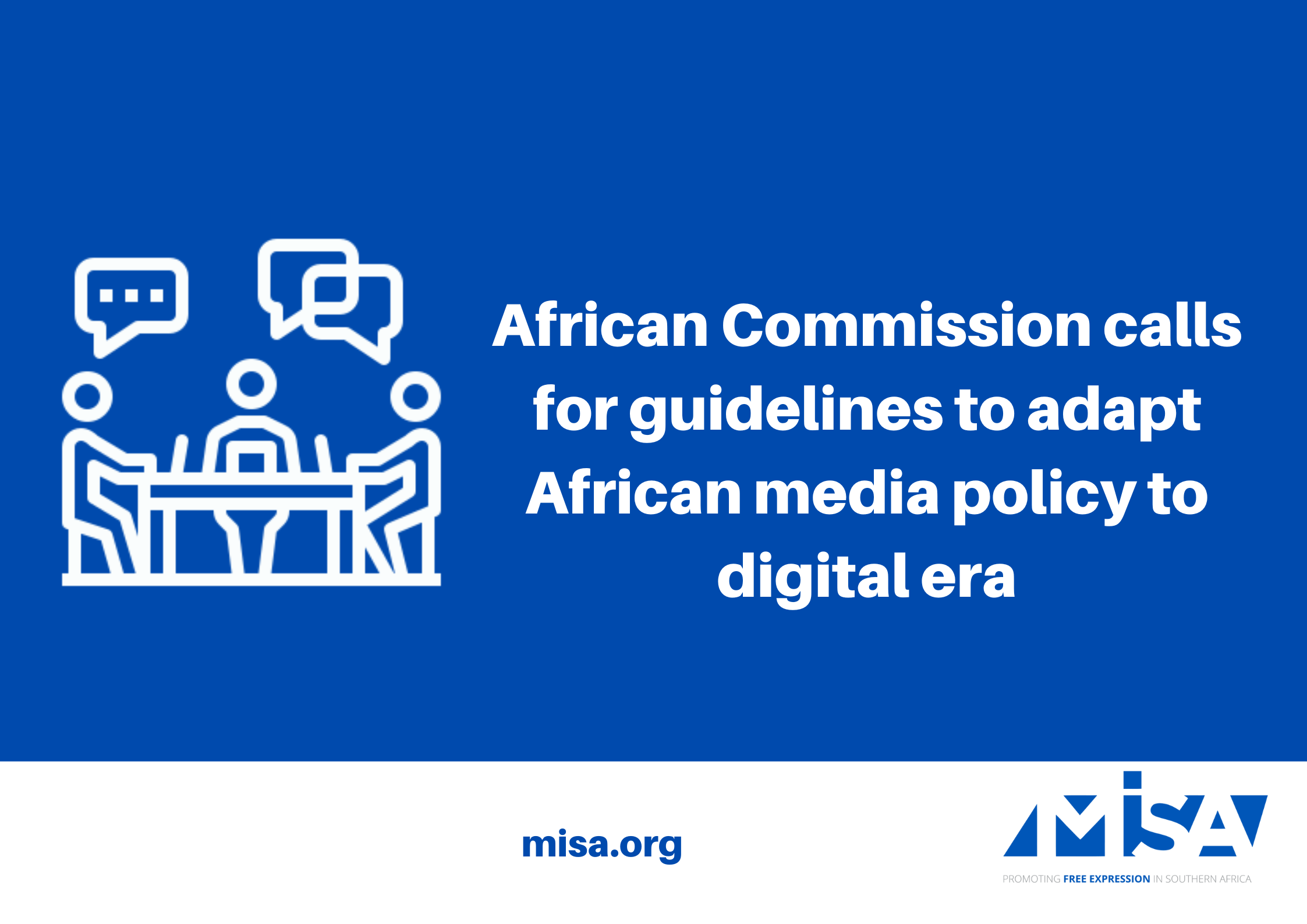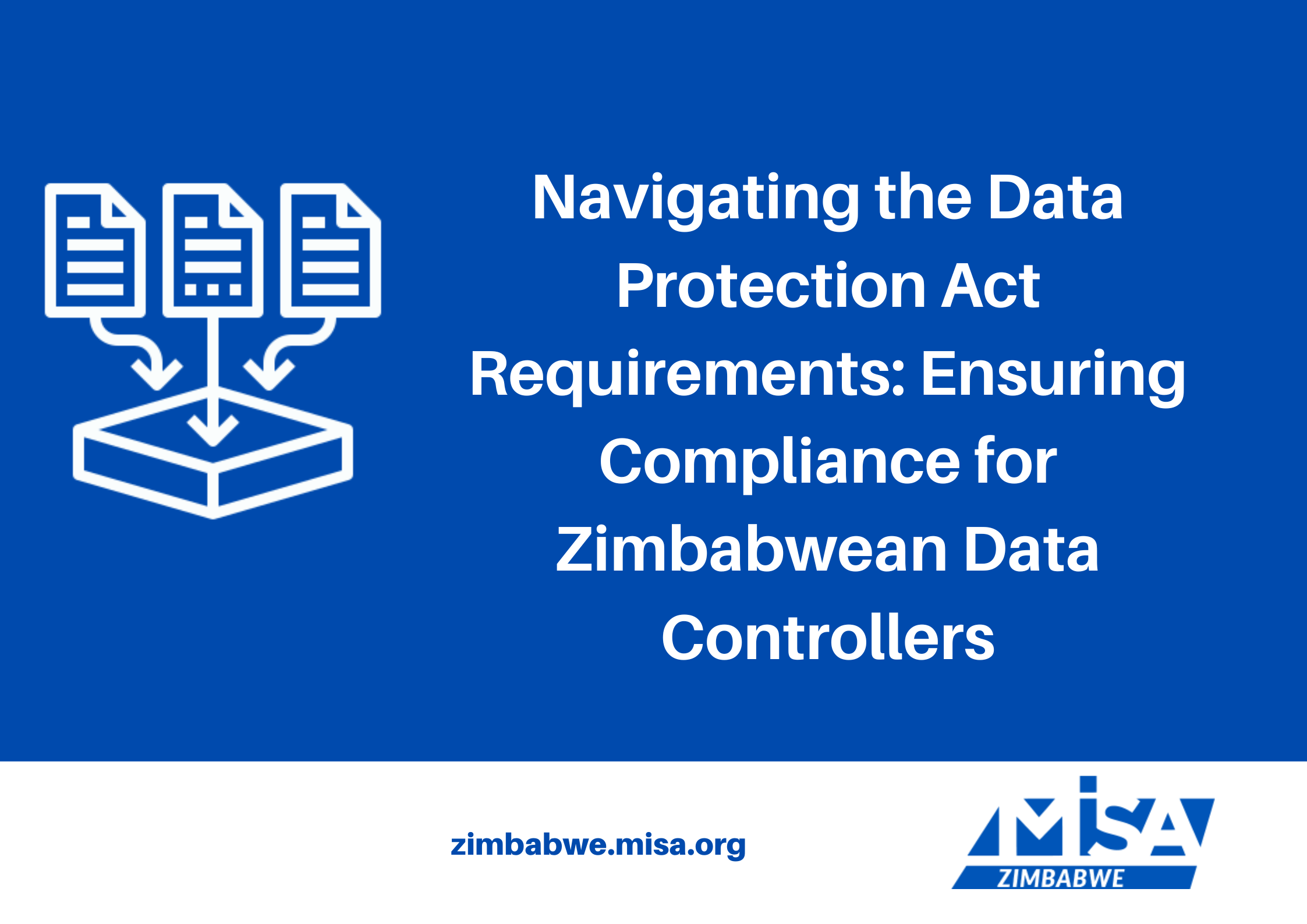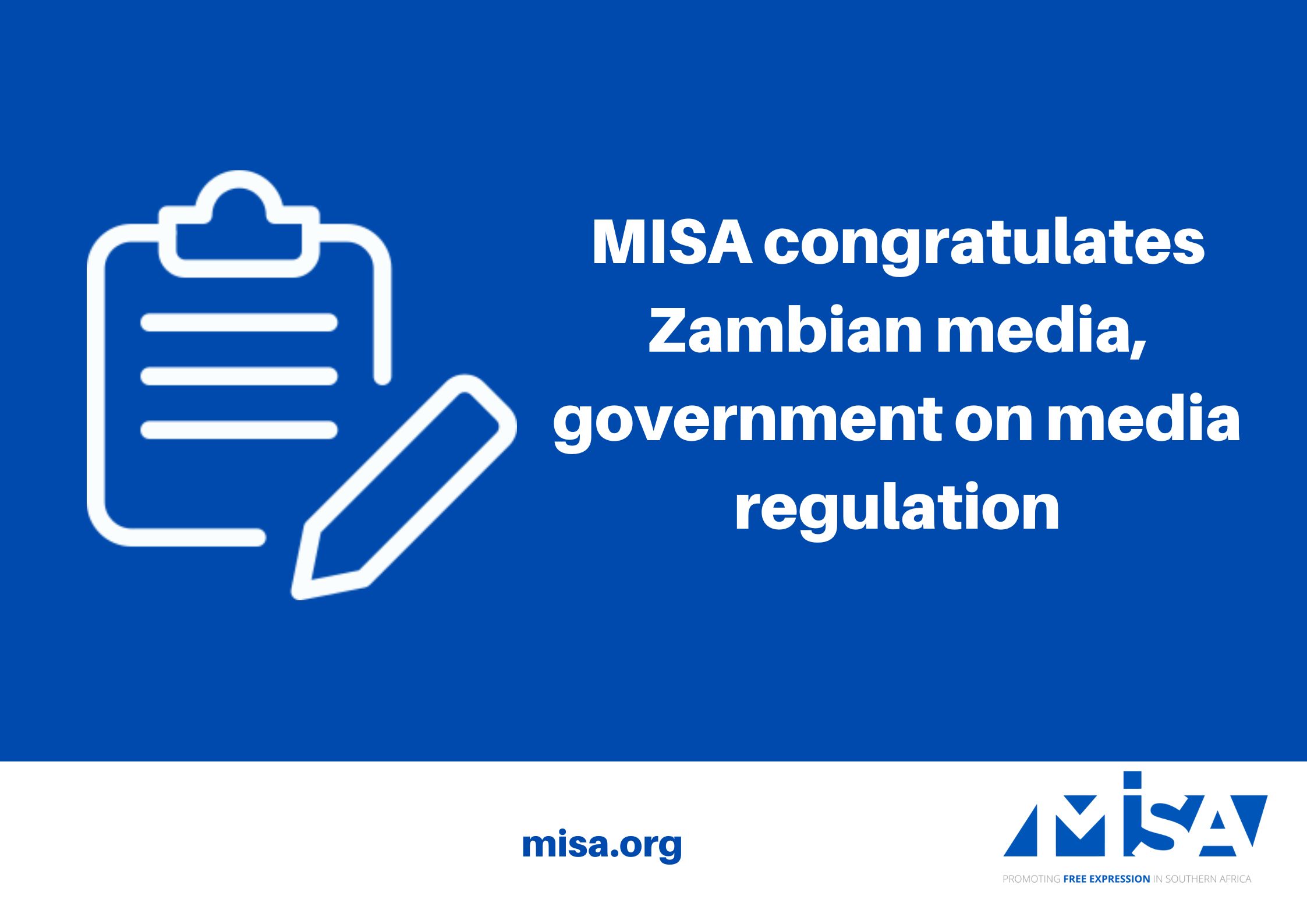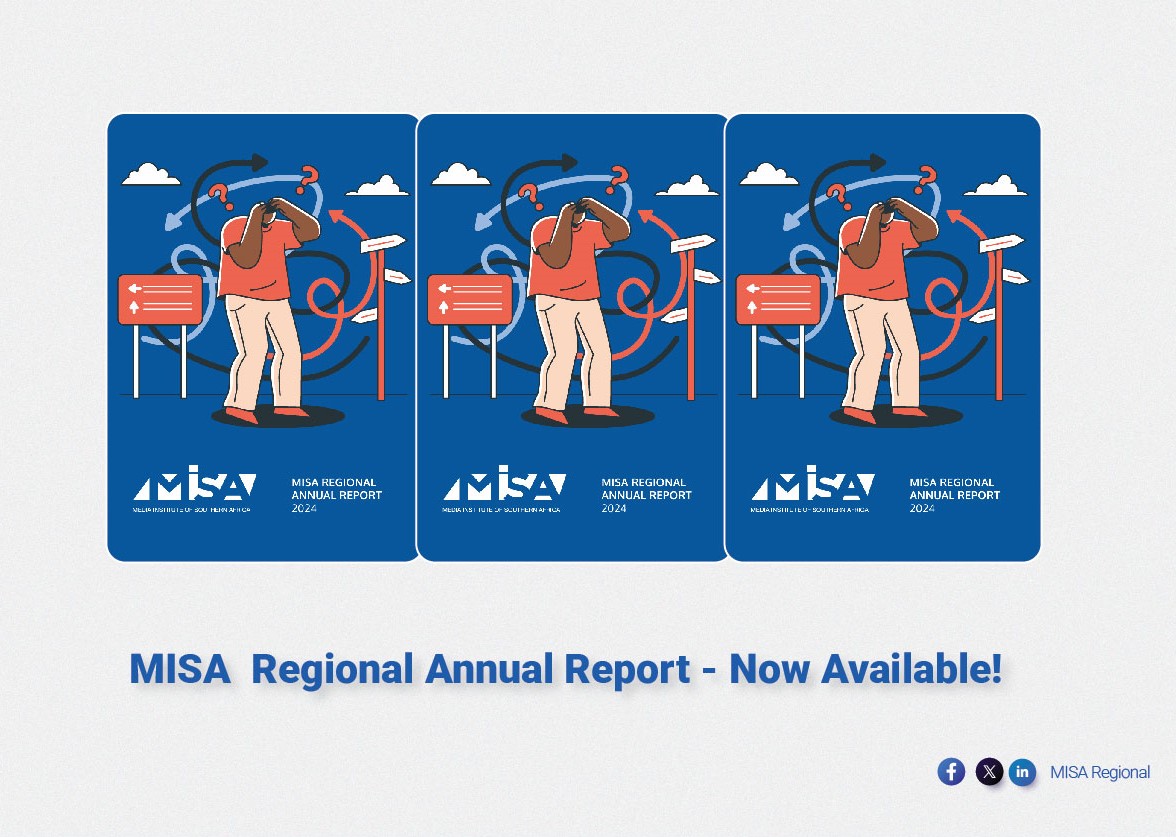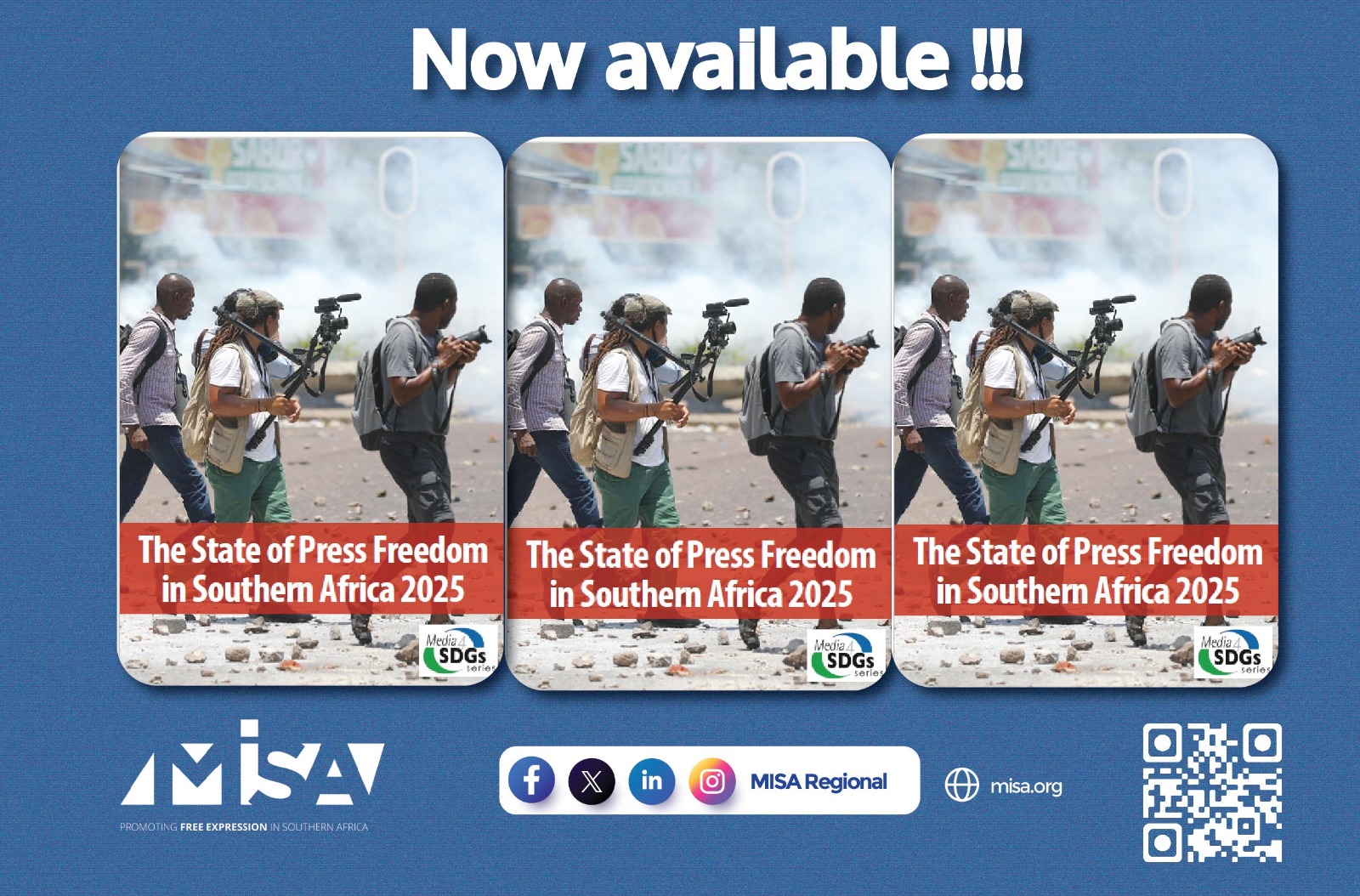Prior to its being signed into law, ruling Zanu PF stalwart Dr Eddison Zvobgo, now deceased, described the now repealed repressive Access to Information and Protection of Privacy Act (AIPPA) of 2002 as “manifestly unconstitutional” when it was being debated in parliament as a Bill.
Dr Zvobgo, who was the then Chairperson of the Parliamentary Legal Committee (PLC) said: “The original bill was manifestly unconstitutional.
“I can say without equivocation say that this bill, in its original form was the most calculated and determined assault on our liberties guaranteed by the Constitution, in the 20 years I served as Cabinet Minister and a member of the Cabinet Committee on Legislation for 16 of those years.”
At that time, the PLC had identified 20 sections of the then Bill as being the “most offending” of the Constitution.
Twenty-one years later, similar sentiments have been expressed by legal experts on whether the Criminal Law (Codification and Reform) Amendment Bill, passed by the National Assembly and subsequently by the Senate on 7 June 2023, will pass the constitutional test.
In his adverse report and criticism of AIPPA prior to its enactment then, Dr Zvobgo dismissed several of its then provisions as void and legal nullities on the basis of their vagueness.
Meanwhile, the current Bill, among others, creates the crime of “willfully injuring the sovereignty and national interest of Zimbabwe”.
This crime can be committed by a citizen or a permanent resident of Zimbabwe who takes an active part in a meeting involving or convened by an agent of a foreign government, if the citizen or resident knows or has reason to believe the object of the meeting is:
- To consider or plan armed intervention by such government in Zimbabwe – the penalty of which shall be life imprisonment or the death penalty.
- To subvert or overthrow the constitutional Zimbabwe government by the foreign government – the penalty of which shall be imprisonment for up to 20 years.
- To consider, implement or extend sanctions or trade boycott against Zimbabwe or against an individual or official. If the sanctions affect a considerable number of Zimbabweans – the penalty shall be a fine up to Z$200,000 or up to 10 years or both.
It is MISA Zimbabwe’s considered view, that the provisions are vaguely worded and will be open to misinterpretation and abuse, given their potential to be widely interpreted. The rule of law requires that criminal laws be clear and precise so that everyone knows when they are breaking the law as opposed to leaving them to conjecture.
The potential fear, uncertainty, self-censorship and mistrust that will inevitably arise between the government, public institutions, civil society and the citizens at large, in the exercise of their rights to freedom of expression, freedom of association and media freedom, will severely shrink the civic space in Zimbabwe.
For instance, Section 48 of the Constitution states that the death penalty can only be imposed on persons convicted of murder with aggravating circumstances. Thus, this new crime carries a sanction which goes against the supreme law of the land.
If signed into law in its current form, the proposed law risks joining other legal instruments perceived as designed to crack down on any form of dissent in the country and punishing citizens, civil society organisations and political adversaries exercising their right to free expression on national affairs.
It will dampen the government’s commitment to undertake comprehensive reforms in line with the country’s Constitution, which saw the repealing of AIPPA and enactment of the progressive Freedom of Information Act.
MISA Zimbabwe, therefore, appeals to President Emmerson Mnangagwa to use his presidential prerogative and decline signing this Bill into law.




